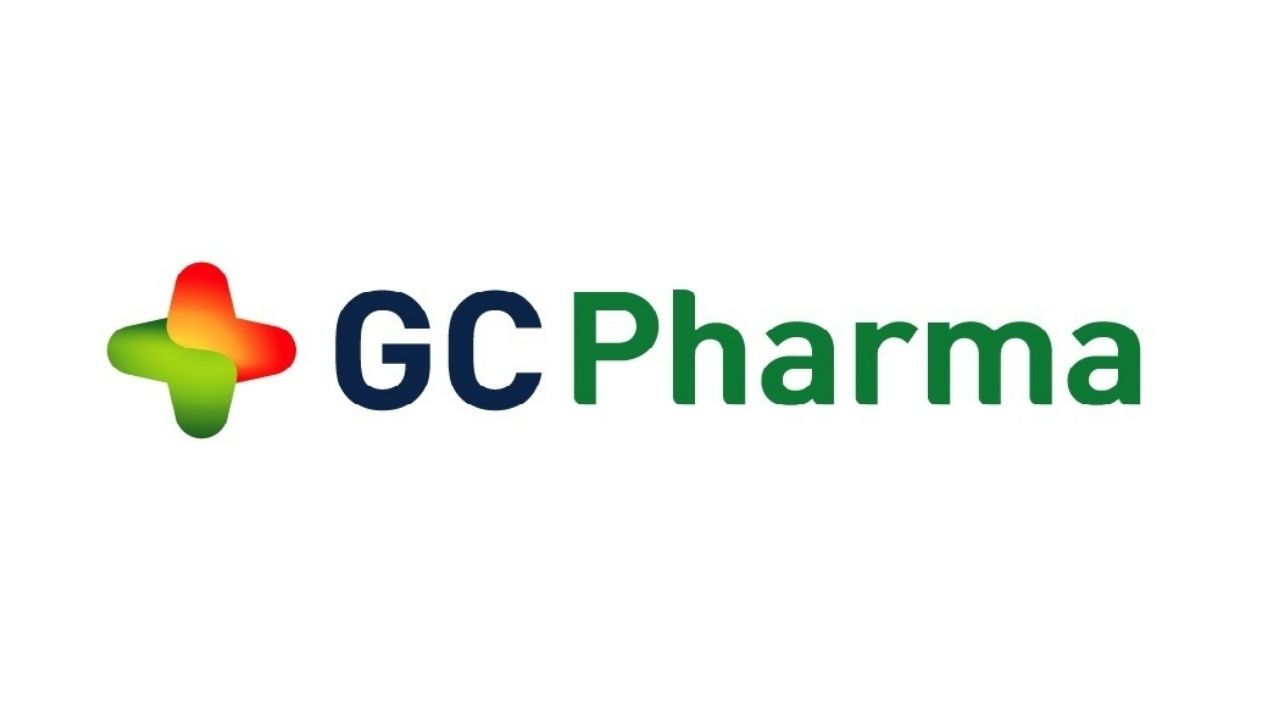GC Pharma and Tottori University today announced a worldwide licensing and collaboration agreement for the orally administrable chaperone drug of GM1 gangliosidosis (GM1). GM1 is one of the inherited lysosomal storage diseases caused by mutations in the GLB1 gene, that progressively destroys nerve cells in the brain and spinal cord. It occurs in approximately 1 out of every 100,000 newborns. There is currently no cure.
Under the terms of the agreement, GC Pharma has obtained the exclusive right to develop and commercialize worldwide. In return, Tottori University is entitled to receive an upfront payment, as well as payments for the achievement of commercial milestones, with royalties based on sales. As part of the contract, two organizations will jointly conduct and complete derivation of candidates and non-clinical trials. In addition, GC Pharma will be responsible for clinical trials as well as global commercialization.
"This collaboration is another significant milestone in delivering our vision for rare disorders,” said EC Huh, PhD, president of GC Pharma. “Our ultimate goal is to make a meaningful difference in the lives of those with rare diseases. We expect this partnership to make a substantial improvement in the lives of those patients.”
Tottori University is dedicated to contributing the international research collaboration with GC Pharma to develop and deliver an innovative chaperone therapy for patients with this devastating neurodegenerative disease.
The screening technology to identify potential chaperone compounds was co-developed by Tottori University and NIBIOHN (National Institutes of Biomedical Innovation, Health and Nutrition) with the support of AMED’s (Japan Agency for Medical Research and Development) the iD3 Booster (the Project for accelerating the translation of promising basic researches into innovative new medicines). Katsumi Higaki, PhD, head of GM1 research at Tottori University, has been working on chaperone therapy related to orphan disorders for more than 20 years.
Chaperone therapy is the latest molecular therapeutic approach to lysosomal diseases using small molecules that stabilize the mutant enzyme proteins and boost the enzyme activity. GC Pharma and Tottori University will jointly explore potential targets with the goal to develop chaperone compounds and orally administrable drug options for patients.

 Latest pharma news update
Latest pharma news update










.jpeg)







.jpeg)

.jpg)










